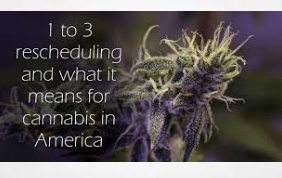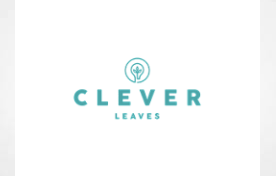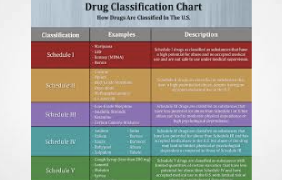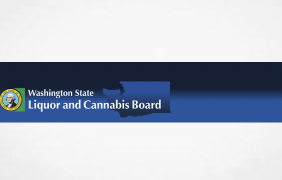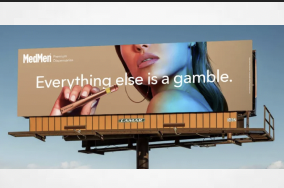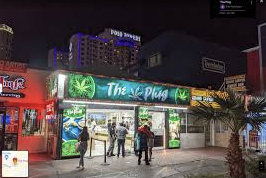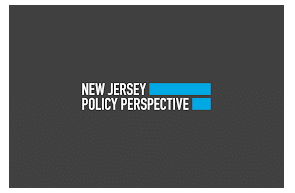Apologies for not being aware of this report earlier in the year.
The numbers are terrifying in terms of what’s been spent
June 16 2021
New Jersey spent $11.6 billion over the last decade enforcing the War on Drugs, exacerbating inequality and costing people their lives.
|
Executive Summary
— New Jersey Office of the Attorney General, 1990
— New Jersey Office of the Attorney General, 2020 Report Overview On the 50th anniversary of President Nixon’s declaration of a War on Drugs, it is time for New Jersey to “Just Say No” to an expensive, ineffective, racially discriminatory war against its residents. In 2021, the need for investment in public health, racial equity, and economic well-being for New Jersey’s families is more urgent than ever. New Jersey’s overdose and COVID-19 crises created a “pandemic within a pandemic,” and residents have borne the consequences of years of underinvestment in New Jersey’s public health infrastructure. At the same time, the growing Movement for Black Lives makes clear the urgency of addressing head-on policies that fuel racial injustice, police violence, and the murder of Black residents. This report highlights state budget spending dedicated over the past decade to arrest, prosecute, and incarcerate residents for drug war violations. This analysis is contextualized with the racist origins of drug war policies, comparisons of New Jersey’s drug war spending to spending on public health, and the stories of residents directly harmed by the drug war. New Jersey Invested $11.6 Billion to Enforce the Drug War (2010-2019) New Jersey spent at least $11.6 billion (2020 dollars) over the past decade to enforce the drug war, amounting to an average of $1.2 billion annually. By type of expenditure, the state invested:
Policies that criminalize drug use and possession are connected to racial discrimination and economic scapegoating, targeting people of color and immigrants. As a result:
Policymakers frequently advocate for prohibition to justify ongoing investments in the drug war. However, prohibition has not led to reductions in drug use, only increases in arrests. The report explains that:
In 2019, New Jersey’s investment in the drug war was 8.5 times greater than what the state budget allocates for addiction services and 27.9 times greater than spending on rental assistance, homeless shelters, homelessness prevention, and lead abatement combined. Despite this investment, nearly 20,000 New Jerseyans died of a drug-related overdose between 2010 and 2019. In 2019, the rate of overdose deaths for white residents was 2.1 times greater than it had been in 2010; for Black residents, this rate was 3.6 times greater; and for Hispanic/Latinx residents, it was 3.8 times greater. Policy Recommendations New Jersey policymakers can take essential steps toward dismantling the drug war by enacting the following:
|
Introduction
“The War on Drugs is a war on people.” — Caitlin O’Neill[1]
Fifty years ago, President Nixon launched a War on Drugs that has proven ineffective and actively harmful to the public health and well-being of both individuals and communities.[2] During this drug war, rates of drug use have not changed substantially, prices of criminalized drugs have plummeted, and drug war punishments target Black and Hispanic/Latinx residents.[3] As a result of targeting these communities, the drug war is often called the “new Jim Crow.”[4]
Justification for the drug war is premised on the misconception that criminalized drugs are too dangerous to be used safely.[5] In reality, most people who use drugs, including heroin, cocaine, and methamphetamine, do so without experiencing a substance use disorder.[6] And for people who do live with substance use disorders, the drug war increases the risk of overdose deaths and makes it harder to access harm reduction and treatment services.[7]
The drug war has also strained state and local budgets. Over the past ten years, this report finds that New Jersey has spent at least $11.6 billion on enforcing the drug war, a policy choice that is shown to divert funding from program, and services that enable people who use drugs to stay healthier and safer, such as adequate and affordable housing and free physical and mental healthcare.[8] At the same time, drug war policies have extended beyond the criminal justice system into other vital systems and services like education, immigration, social safety net programs, health care, housing, and child welfare.[9]
In 2020, the nation took historic steps forward in dismantling the War on Drugs.[10] Oregon became the first state to decriminalize all drugs, including heroin, cocaine, and methamphetamine, while investing in harm reduction and drug treatment services.[11] New Jersey also decriminalized marijuana and legalized recreational use, joining 13 other states.[12] In an effort to repair the harms of the drug war, New Jersey will also dedicate 70 percent of cannabis sales tax revenue for communities targeted by racially discriminatory marijuana prohibition.[13]
The year 2020 also brought the most egregious aspects of the drug war and racial injustice into sharp focus. The Movement for Black Lives, arguably the largest social movement in U.S. history, brought increased attention to the murders of Black people at the hands of the police and the role that the drug war plays in militarizing police forces and providing pretexts for police brutality.[14] The pandemic also made clear that racism itself is a public health issue, with housing and economic segregation making COVID-19 deadlier for Black, Hispanic/Latinx, and Asian residents than for their white counterparts.[15] People — especially low-paid workers and Black and Hispanic/Latinx residents — have reported starting or increasing drug use during the pandemic to cope with stress, economic uncertainty, and grief.[16] People living with a recent substance use disorder (SUD) are at greater risk of COVID-19, and Black residents living with a SUD were more likely to be hospitalized and die from COVID-19 than their white peers.[17]
Due to a growing consensus among the public, academics, and policymakers that the drug war has failed, New Jersey has the opportunity to fundamentally reconsider its investment in the drug war and to shift its investment to policies that prioritize public health over punishment. To evaluate the effects of the drug war, this report analyses the overall budgetary investment New Jersey has made to enforce the drug war through arrests, prosecutions, and incarceration over the past decade. This report then compares spending on the drug war to investments made in public health and drug treatment and analyses overdose deaths and racial disparities in drug war arrests.
This budgetary analysis is preceded by a brief history of drug criminalization, which shows how the drug war is rooted in racial discrimination and economic scapegoating rather than the risks associated with criminalized drugs themselves. The report also examines the extent to which drug war arrests have become commonplace in New Jersey and evidence that debunks common misconceptions about drug use. Ultimately, the report concludes with policy recommendations on how New Jersey can further dismantle the drug war and invest in healing, public health, and the economic and social well-being of all residents, including residents who use and sell drugs and Black and Hispanic/Latinx communities most harmed by drug war enforcement.
Please refer to the appendix for more information about the report’s methodology and acknowledgments of the many contributors who made this research possible.
Content Note
Throughout the report are stories shared by New Jersey residents directly harmed by the drug war. Their stories are intended to ground budgetary analysis in the human toll of New Jersey’s drug war policies. Some include descriptions of discrimination, assault, and harms caused by drug war policies. Many people shared stories about how they are working to reduce and challenge the harms caused by the drug war, as well as the moments of joy, family, and relationships that helped them endure the failings of the drug war.
Read the full report. https://www.njpp.org/publications/report/a-war-on-us-how-much-new-jersey-spends-enforcing-the-war-on-drugs/
